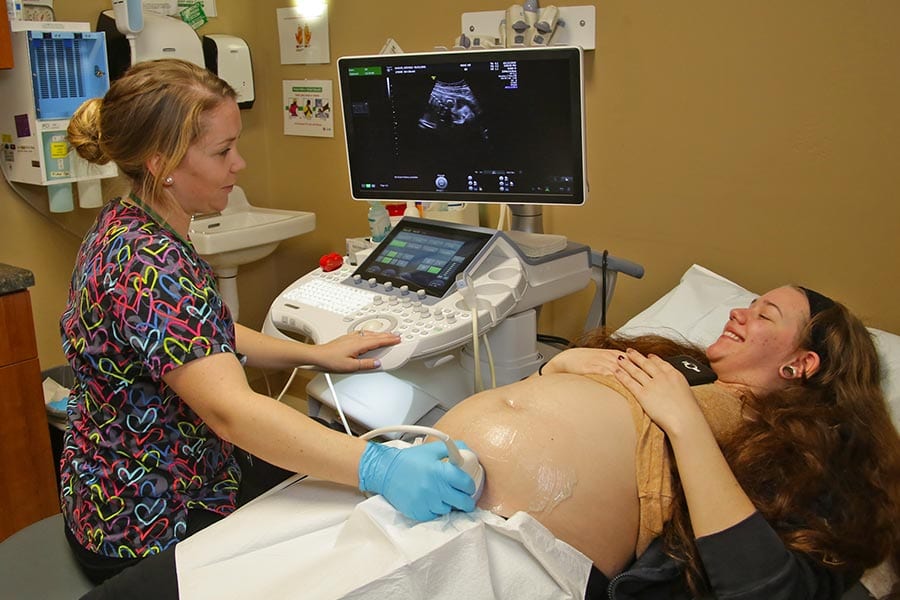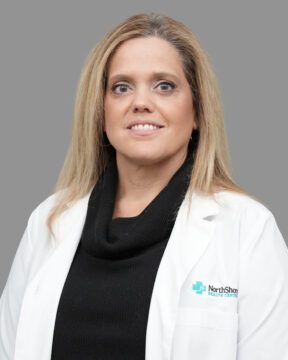STD Testing at NorthShore
Are you sexually active? If so, getting tested for sexually transmitted diseases or STDs is a very important step in protecting your overall health. It is important to have an open and honest conversation with your OB/GYN about your sexual history and ask whether or not you should be tested for STDs.
Below are the recommendations for testing according to the Center for Disease Control and Prevention:
- Teens and adults ages 13 to 64 should be tested for HIV at least once in their lifetime.
- Anyone having or who has had unsafe sex or shares injection drug equipment should get tested for HIV at least once a year.
- Sexually active gay and bisexual men may benefit from more frequent HIV testing (e.g., every 3 to 6 months).
- Sexually active women younger than 25 years should be tested for gonorrhea and chlamydia each year.
- Women 25 years and older with risk factors such as new or multiple sex partners or a sex partner with an STD should also be tested for gonorrhea and chlamydia every year.
- Pregnant women should be tested for syphilis, HIV, and hepatitis B starting early in their pregnancy. At-risk pregnant women should also be tested for chlamydia and gonorrhea starting early in pregnancy. Testing should be repeated as needed to protect the health of mothers and their infants.
- All sexually active gay and bisexual men should be tested for syphilis, chlamydia, and gonorrhea at least once a year. More frequent testing for STDs is suggested for those who have multiple or anonymous partners (i.e., at 3- to 6-month intervals).














